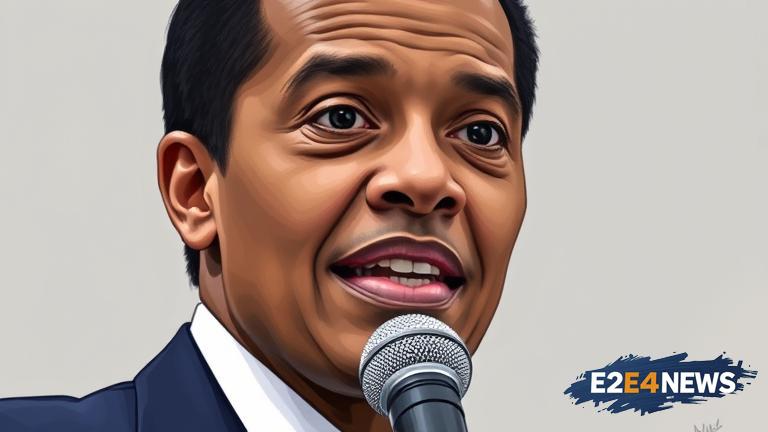A recent interview with a socialist NYC mayoral candidate has ignited a heated debate about the role of prisons in society. The candidate, who is running on a platform of radical reform, has proposed abolishing prisons altogether, citing concerns about systemic injustice and the failure of the current correctional system to rehabilitate offenders. According to the candidate, prisons serve no purpose other than to perpetuate inequality and oppression, and that alternative forms of justice and rehabilitation are needed. The proposal has been met with skepticism by some, who argue that prisons are necessary to protect public safety and hold offenders accountable for their crimes. Others have expressed support for the idea, citing the high recidivism rates and the disproportionate impact of incarceration on marginalized communities. The candidate’s proposal is part of a broader platform that includes policies aimed at addressing the root causes of crime, such as poverty and lack of access to education and job opportunities. The candidate has also called for increased funding for social programs and community-based initiatives that provide support and resources for individuals and families. The proposal to abolish prisons has sparked a national conversation about the purpose and effectiveness of the correctional system, with some arguing that it is a necessary evil and others seeing it as a failed experiment. The candidate’s opponents have criticized the proposal as unrealistic and naive, arguing that it would put public safety at risk and create chaos in the streets. However, the candidate and their supporters argue that the current system is broken and that a new approach is needed, one that prioritizes rehabilitation and restorative justice over punishment and incarceration. The debate has also raised questions about the role of policing and law enforcement in society, with some arguing that police departments should be defunded and others calling for increased funding and support. As the mayoral election approaches, the proposal to abolish prisons is likely to remain a contentious issue, with voters on both sides of the debate eager to hear more from the candidates. The candidate’s proposal has also sparked interest from national leaders and organizations, who are watching the debate with interest and considering the implications for their own policies and initiatives. Ultimately, the proposal to abolish prisons is a complex and multifaceted issue that requires careful consideration and nuanced discussion. It is clear that the current correctional system is in need of reform, but the question of whether abolishing prisons is the solution remains a topic of debate. As the conversation continues, it is likely that new ideas and proposals will emerge, and that the issue will remain a major topic of discussion in the months and years to come. The candidate’s proposal has also highlighted the need for increased transparency and accountability in the correctional system, as well as the importance of addressing the systemic inequalities and biases that perpetuate mass incarceration. Furthermore, the proposal has sparked a conversation about the role of community-based initiatives and social programs in reducing crime and promoting public safety. The candidate’s opponents have argued that the proposal is too radical and that a more incremental approach is needed, while the candidate and their supporters argue that bold action is necessary to address the scale and complexity of the problem.
